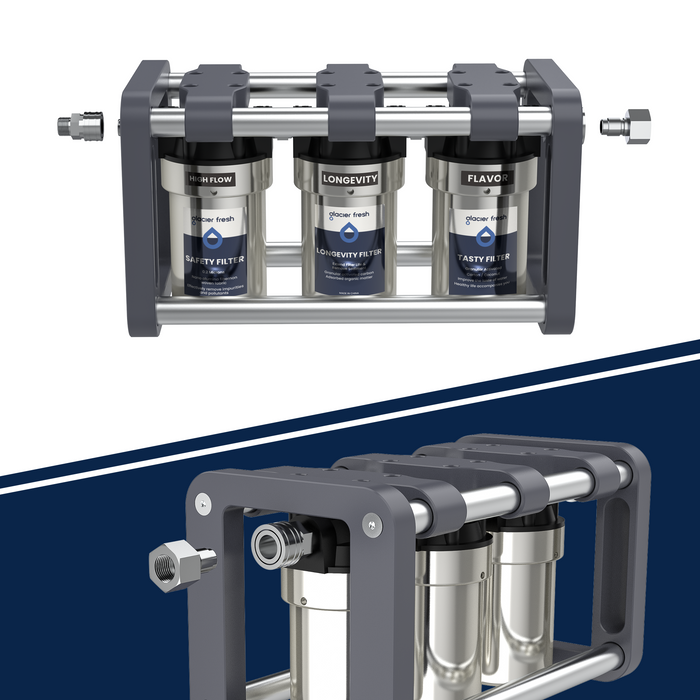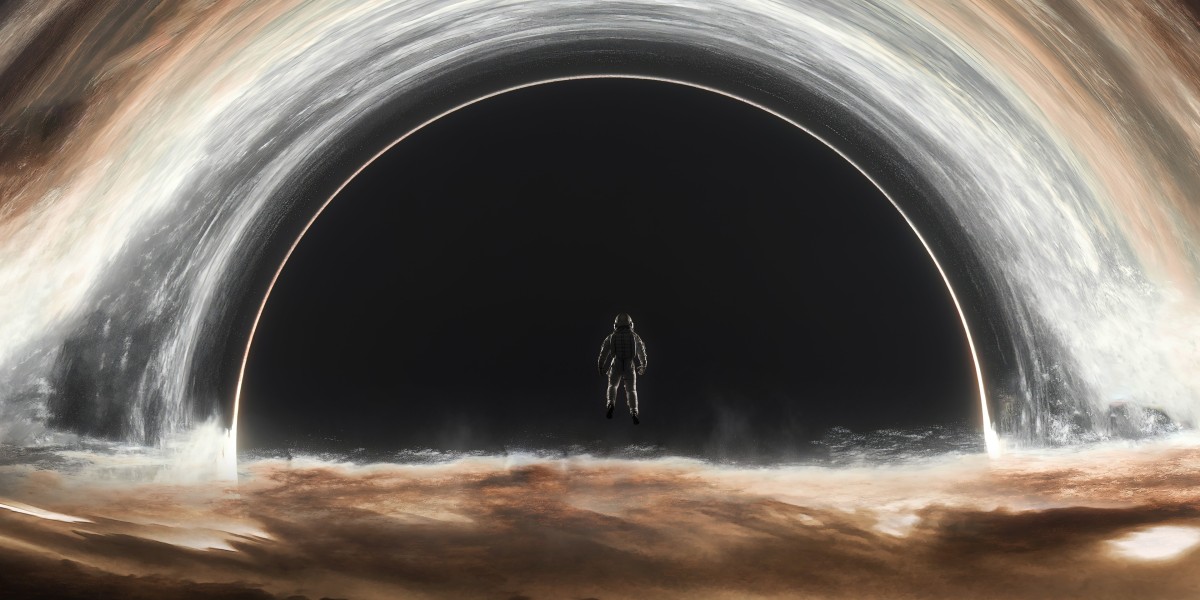Unlock the Secrets to Keeping Your RV Water System Flawless!
Maintaining your RV water system is essential for a seamless and enjoyable camping experience. Whether you're a seasoned traveler or a weekend warrior, understanding the intricacies of your RV’s water parts can save you from inconveniences and costly repairs. Many RV owners face challenges such as leaks, foul-smelling water, or inconsistent water pressure, which can derail your adventures. But fear not! In this article, we’ll dive into best practices for maintaining your RV water parts and provide troubleshooting tips that will keep your system running smoothly. With a little knowledge and effort, you can ensure that your RV is always ready for your next journey.

Understanding Your RV Water System
Your RV water system is a complex network that allows you to enjoy the comforts of home while on the road. At its core, the system consists of several key components: the fresh water tank, the water pump, the plumbing lines, and the wastewater tanks. Understanding how these parts work together is crucial for effective maintenance. The fresh water tank stores potable water, which is pumped through the plumbing system to faucets, the shower, and other outlets. The water pump draws water from the tank and maintains pressure throughout the system. Additionally, the wastewater tanks collect used water from your sinks and shower, ensuring proper sanitation. Regularly familiarizing yourself with these components will help you identify potential issues before they become major problems.
Best Practices for Maintenance
Maintaining your RV water parts doesn’t have to be a daunting task. By following some essential maintenance practices, you can prevent many common issues and extend the life of your water system. Start with routine inspections to check for any signs of wear or damage. Look for cracks or leaks in hoses and fittings, and ensure that all connections are secure. It’s also important to clean your system regularly. For instance, flushing your fresh water tank and plumbing lines at the beginning and end of each camping season can prevent buildup and contamination. Seasonal preparations, such as winterizing your water system, are crucial to protect against freezing temperatures that can damage your pipes. Remember, a little proactive maintenance goes a long way in ensuring a reliable water system.
Routine Inspections
Conducting routine inspections is vital for maintaining your RV water system. Aim to perform these inspections at least twice a year. Start by visually checking the water lines and pump for any signs of leaks or corrosion. Pay special attention to the fittings and connections, as these are common trouble spots. You should also check the fresh water tank for signs of sediment or algae buildup. If you notice any irregularities, take action immediately to prevent further damage. Keeping a maintenance log can help you track your inspections and remind you when it’s time for the next one.
Cleaning and Flushing
Cleaning and flushing your RV water system is essential for maintaining water quality. To flush your fresh water tank, first, empty it completely. Then, fill it with a mixture of water and a non-toxic cleaner, and run the pump to circulate the solution through the plumbing lines. Let it sit for a few hours before draining it again. Rinse the tank and lines with fresh water until there’s no more cleaner left. Additionally, consider using a water filter to remove impurities and ensure safe drinking water. Following these steps not only keeps your system clean but also enhances your overall RV experience.
Troubleshooting Common Issues
Even with the best maintenance practices, issues can still arise in your RV water system. Understanding how to troubleshoot common problems will help you address them quickly and efficiently. Some of the most frequent issues RV owners encounter include leaks, low water pressure, and poor water quality. By knowing the signs and having a plan of action, you can minimize downtime and enjoy your travels without worry.
Identifying Leaks
Leaks can cause significant damage to your RV if left unaddressed. To identify a leak, start by inspecting the water lines, fittings, and the fresh water tank. Look for wet spots, pooling water, or any signs of corrosion. If you suspect a leak but can’t find it, consider using a pressure test to pinpoint the source. Once located, you can seal minor leaks with appropriate tape or sealant, but more serious leaks may require part replacement. Regular inspections can help you catch these issues early, preventing costly repairs down the line.
Resolving Low Water Pressure
Low water pressure can be frustrating, especially when you’re trying to take a shower or wash dishes. Start by checking the water pump; it may be malfunctioning or clogged. Inspect the water lines for kinks or blockages that could restrict flow. If the issue persists, it could be due to a faulty pressure regulator. Replacing it can often resolve the problem. Additionally, make sure your fresh water tank is sufficiently full, as low water levels can also affect pressure.
Improving Water Quality
Ensuring clean and safe drinking water is a priority for every RV owner. If you notice a foul odor or discoloration in your water, it’s time to take action. Start by flushing your system thoroughly, as mentioned earlier. Installing a high-quality water filtration system can significantly enhance water quality, removing harmful contaminants and improving taste. Additionally, consider using biodegradable cleaning products in your RV to prevent chemical buildup that can affect water quality. Regularly testing your water can also help you stay ahead of any potential issues.
Key Takeaways for RV Water System Maintenance
In conclusion, maintaining your RV water system is crucial for a reliable and enjoyable travel experience. By understanding the components of your water system, adhering to best maintenance practices, and knowing how to troubleshoot common issues, you can ensure your RV remains in top shape. Embrace these practices, and you’ll not only enhance your RV adventures but also create lasting memories with family and friends. Remember, a little care goes a long way in keeping your water system flawless!









